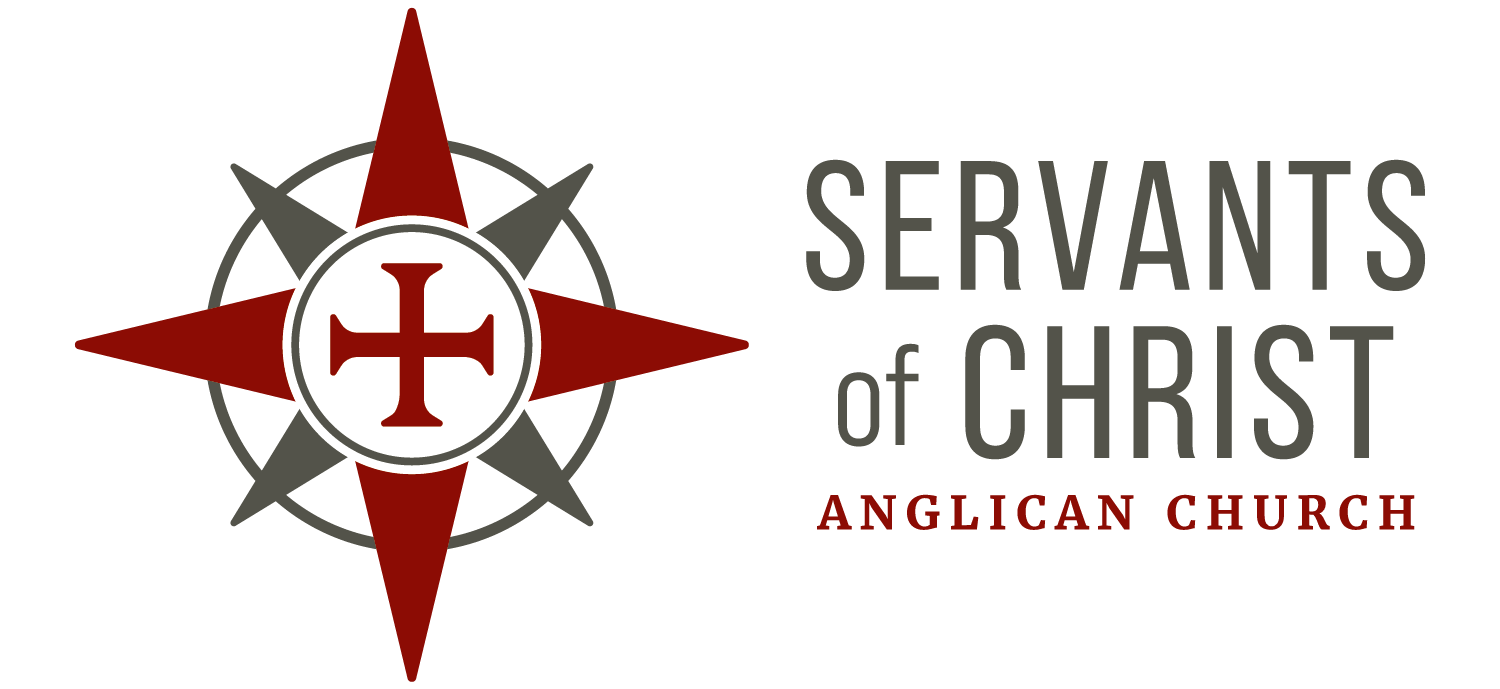
“From that time Jesus began to show his disciples that he must go to Jerusalem and suffer many things from the elders and chief priests and scribes, and be killed, and on the third day be raised. And Peter took him aside and began to rebuke him, saying, “Far be it from you, Lord! This shall never happen to you.” But he turned and said to Peter, “Get behind me, Satan! You are a hindrance to me. For you are not setting your mind on the things of God, but on the things of man.” Matthew 16:21-23
Dear Servants,
On Sunday, by the grace of God, I will preach on the necessity of suffering from the words of Jesus written above. Suffering, while we cannot always understand God’s purpose in it, is something we all experience. Viktor Frankl, a Nazi concentration camp survivor, was convinced that “our response to unavoidable suffering is one of the chief ways of finding [the] meaning [of life].” (Philip Yancey, The Question That Never Goes Away, p. 52)
Like you, I find myself in prayer this week for those suffering from the effects of Hurricane Harvey, along with all my brothers and sisters suffering within our community. We Floridians know the scary moments before a hurricane, worrying about how bad the storm will be. Some of us also know how horrible the winds and rains can be, disrupting our everyday lives for weeks afterward. Though I for one have no idea what it is like to suffer through the kind of flooding happening in Texas. If you are looking for a way to help, you might donate to the Anglican Relief and Development Fund or any of a host of other amazing charities focused on bringing relief. One of our ACNA bishops, Fr. Clark lives in the Houston area and is working with local ministries to aid those displaced.
In the face of such suffering, not just in Texas and Louisiana but in our own congregation, I am reminded of a book I read during my sabbatical that I found helpful. Philip Yancey, a well-known Christian author, has written a book called The Question That Never Goes Away, which I quoted from above. In it, he explores the question of suffering, focusing on mass tragedies in particular. He has spoken to groups following tragedies like Columbine and Sandy Hook Elementary here in the U.S., the tsunami of 2012 in Japan, and the bloody civil war in Sarajevo. Talk about speaking into fear and darkness! Before you run out and buy it, he doesn’t give the definitive answer for “why suffering.” But it is helpful on many levels for struggling with the issue as a follower of Jesus. As we struggle with these ideas together, allow me to relate a couple of his points.
First, Yancey reminds the reader that every critical question about suffering that people ask of God can also be found in Scripture. We are not alone in our doubts and questions. Next, he also points out that Jesus did not meet people with theological answers to suffering, but rather touched them, healed them, and spoke words of comfort. God is now working through His Church to do the same. Lastly, Yancey reminds us that God promises a day of restoration; quoting from John 14, “I go away to prepare a place for you.” I recommend this book to you as a helpful tool.
Please know what a privilege it is for me to walk along with you through the painful circumstances of your lives. May we gather Sunday to be reminded of our hope in Christ and to pray for one another and the world.
Onward and Upward,
